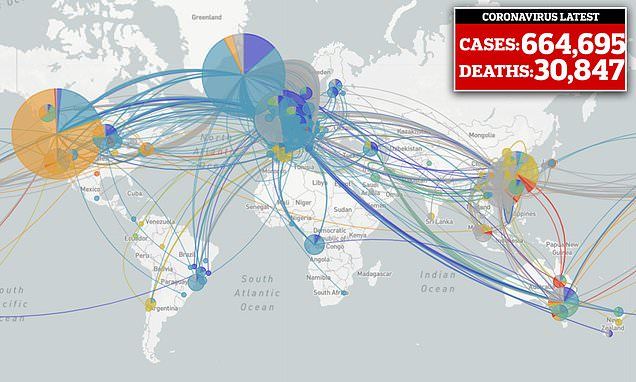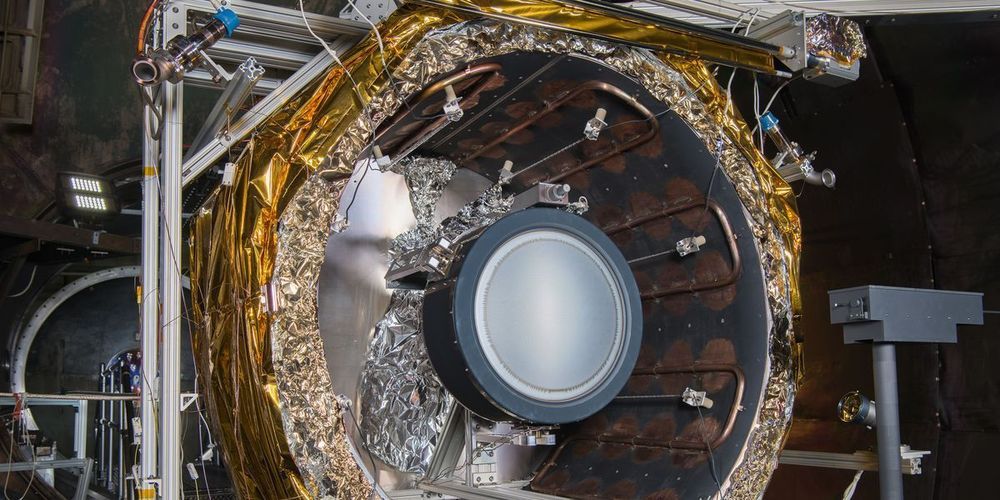
Though many negative repercussions of human immunodeficiency virus infection can be mitigated with the use of antiretroviral therapy (ART), one area where medical advances haven’t made as much progress is in the reduction of cognitive impacts. Half of HIV patients have HIV-associated neurocognitive disorders (HAND), which can manifest in a variety of ways, from forgetfulness and confusion to behavior changes and motor deficiencies.
To better understand the mechanisms underlying HAND, researchers from Penn’s School of Dental Medicine and Perelman School of Medicine and from the Children’s Hospital of Philadelphia (CHOP) brought together their complementary expertise to create a laboratory model system using three of the types of brain cells thought to be involved. Led by doctoral student Sean Ryan, who was co-mentored by Kelly Jordan-Sciutto of Penn Dental Medicine and Stewart Anderson of CHOP and Penn Medicine, the model recapitulates important features of how HIV infection and ART affect the brain.
“Frankly the models we generally use in the HIV field have a lot of weaknesses,” says Jordan-Sciutto, co-corresponding author on the paper, which appears in the journal Stem Cell Reports. “The power of this system is it allows us to look at the interaction between different cell types of human origin in a way that is more relevant to patients than other models.”










